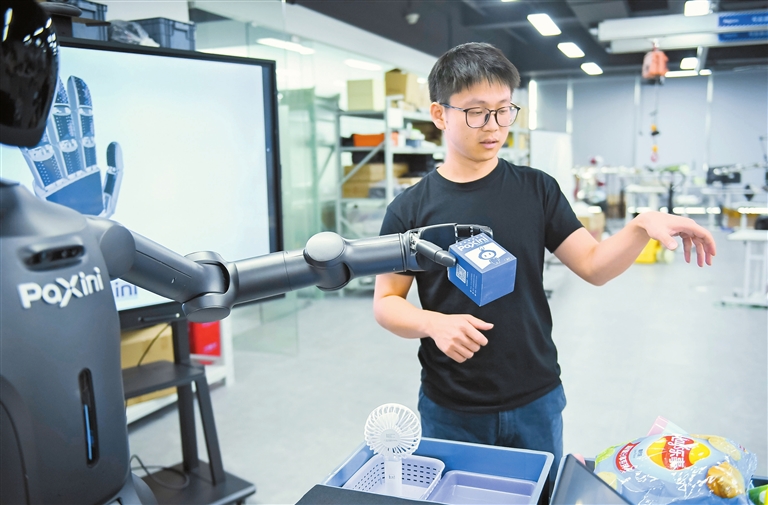
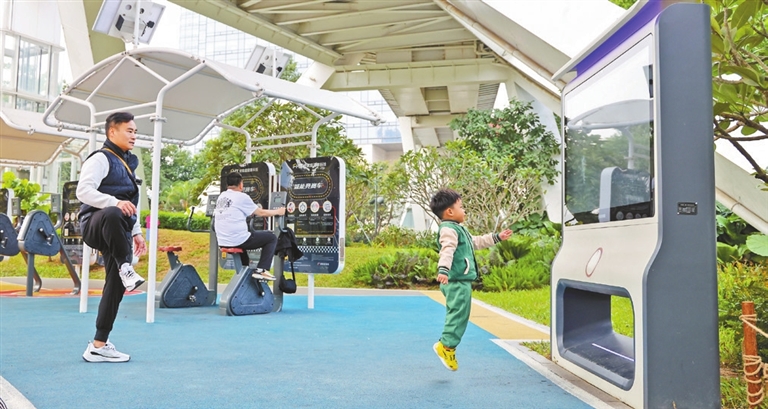

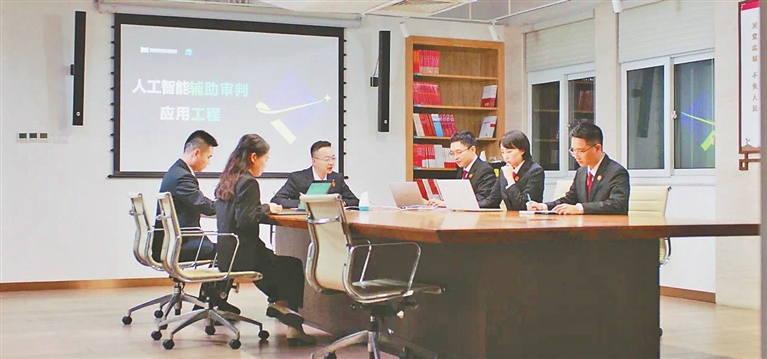
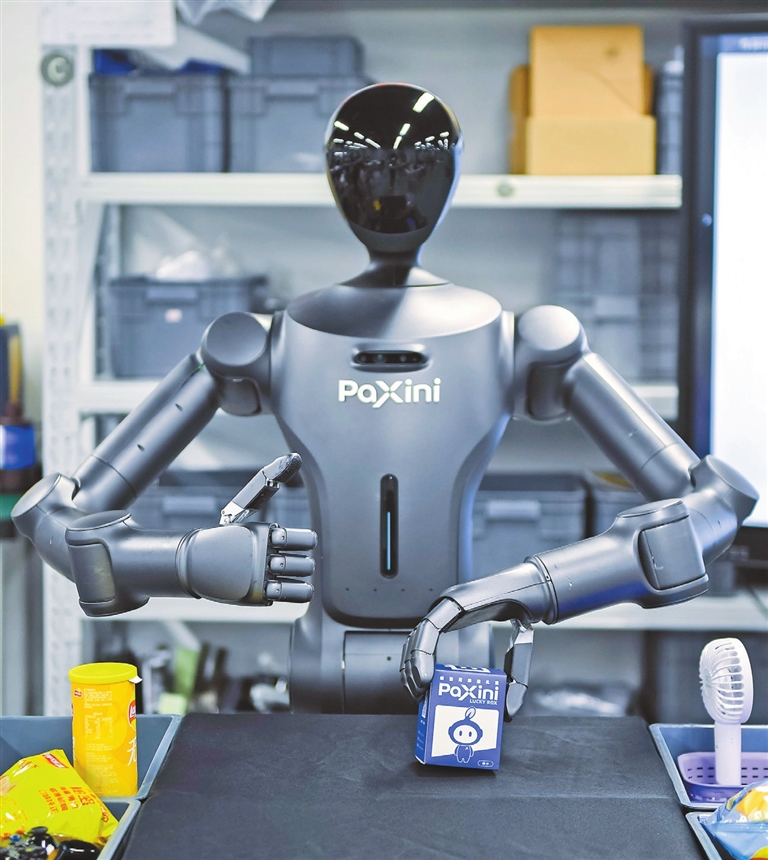
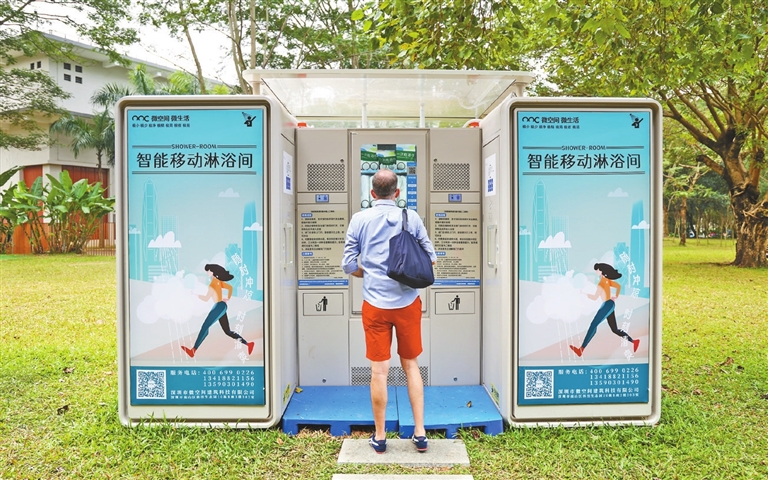
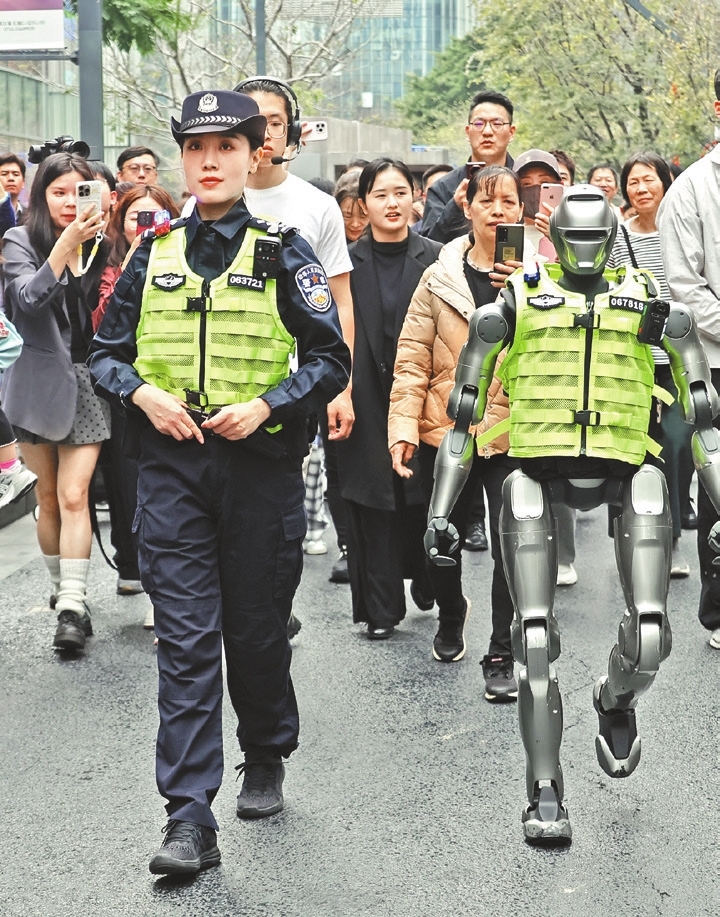
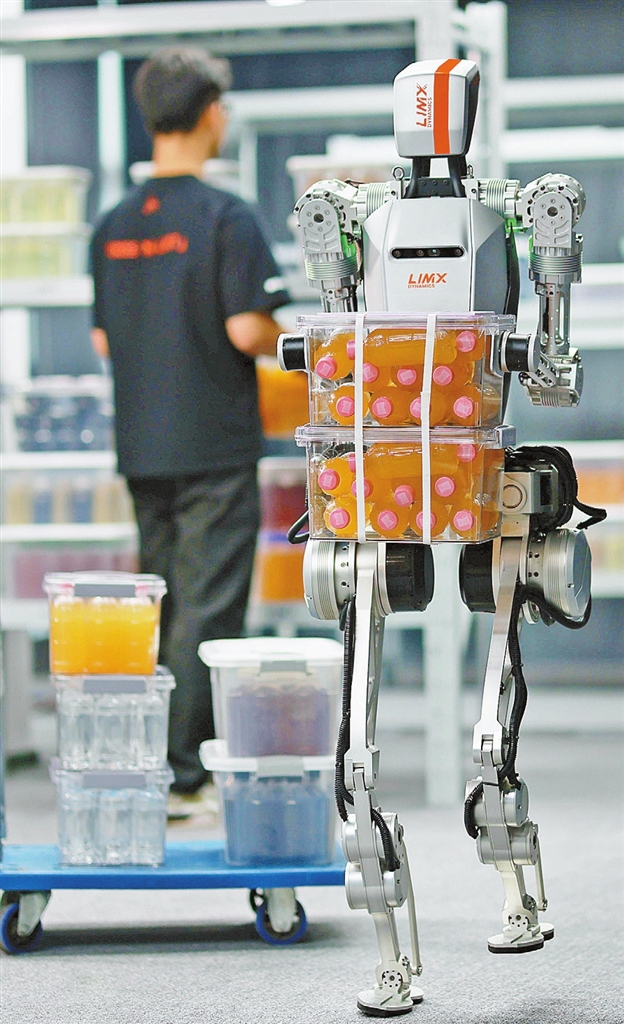
SHENZHEN is rapidly emerging as a globally recognized pioneer city in the field of artificial intelligence (AI), driven by its robust manufacturing base, innovative capabilities, and open policy environment, Xinhua said in a report Feb. 21. The city, China’s tech powerhouse, showcases its strong potential as a “City of the Future” through the deep integration of AI with manufacturing, comprehensive urban scenario applications, and the gathering of innovative talent. From reshaping factories to redefining public services, Shenzhen exemplifies how AI can drive economic transformation and improve daily life, according to the report. Deep integration of AI and manufacturing As a major manufacturing hub in China, Shenzhen is deeply embedding AI technologies into its traditional manufacturing sector to promote industrial upgrades. For instance, engineers at Huawei Technologies Co. have integrated Pangu, the Shenzhen-based tech titan's large language model, into domestic steel giant Baosteel Co.’s hot-rolled production line. This has reduced optimization time from five days to just three to four hours and increased prediction accuracy of steel plate width by 5%, resulting in an improved yield rate of 0.5%. This integration not only enhances productivity but also reduces costs. It has boosted Baosteel’s annual revenue by more than 90 million yuan (US$12.60 million), demonstrating the vast potential of AI in manufacturing, according to the Xinhua report. Shenzhen has developed a comprehensive AI industry chain, covering everything from intelligent chips and algorithm frameworks to software and hardware applications. The city is home to more than 2,200 AI companies, including industry giants like Huawei and Tencent Holdings Co., which are leading the way in developing specialized AI models for sectors such as power, mining, meteorology, biomedicine, and finance, making Shenzhen a national leader in AI innovation. Comprehensive urban scenario applications Shenzhen’s approach to AI extends beyond industry. The city is actively exploring the application of AI in urban scenarios to bring technology into the daily lives of its residents, Xinhua said. In the administrative sector, Futian District has launched a DeepSeek-powered “AI Digital Employee” service capable of generating legal documents in under 10 seconds and completing document processing frameworks in just a few minutes, with a format correction accuracy exceeding 95%. In Longgang District, the DeepSeek-R1 AI model has been integrated into the government’s digital infrastructure, streamlining administrative tasks and improving service delivery. The AI-assisted judgment system implemented by Shenzhen courts covers 95% of civil, commercial, and administrative cases, significantly reducing the workload of judges and enhancing efficiency. Additionally, Shenzhen is broadening the exploration of AI applications in urban governance and public services. From AI-driven sanitation operations to intelligent weather forecasting, and from AI education in primary and secondary schools to credit-based healthcare platforms that allow patients to receive treatment before payment, Shenzhen has released four batches of “City + AI” application scenario lists, covering nearly 200 use cases in public services and urban management. A hub for talent and innovation Shenzhen’s success in AI is also driven by its ability to attract and nurture innovative talent. With its open and inclusive policy environment and strong industrial foundation, the city has attracted a multitude of innovative talent and entrepreneurial teams, according to the Xinhua report. To support young talent, Shenzhen has crafted a tailored support system, offering rent-free housing, co-working spaces, and comprehensive investment and financing services. For example, Nanshan District has launched “zero-rent” incubators, enabling entrepreneurs to start their businesses with minimal financial barriers. Shenzhen’s educational institutions are also playing a crucial role in training the next generation of AI experts. Universities like Shenzhen Technology University have partnered with industry leaders to develop specialized programs in AI, focusing on algorithm development, hardware systems, and data analysis. Shenzhen’s Vice Mayor Tao Yongxin said that the city aims to foster the best innovative ecosystem, enrich the development of the private economy, and support small and micro enterprises, startups, and young talent, according to the report. As Shenzhen celebrates its 45th anniversary, the city is setting ambitious goals to become a global hub for AI applications. Shenzhen’s government is investing heavily in research and development, with plans to build advanced AI infrastructure and support foundational research in areas like mathematics and core algorithms. The city aims to create a comprehensive AI ecosystem that supports innovation from the grassroots level to large-scale industrial applications. In the future, Shenzhen is expected to achieve significant breakthroughs in areas such as intelligent robotics and embodied intelligence, further solidifying its position in the global AI landscape. Shenzhen’s successful experiences in the AI domain provide valuable lessons for other cities. With its manufacturing strengths, innovative capabilities, and well-structured industrial layout, Shenzhen is painting a promising picture of a “City of the Future,” highlighting China’s formidable potential and vast prospects in the field of artificial intelligence, according to the Xinhua report.(Yang Yunfei) | 
